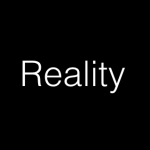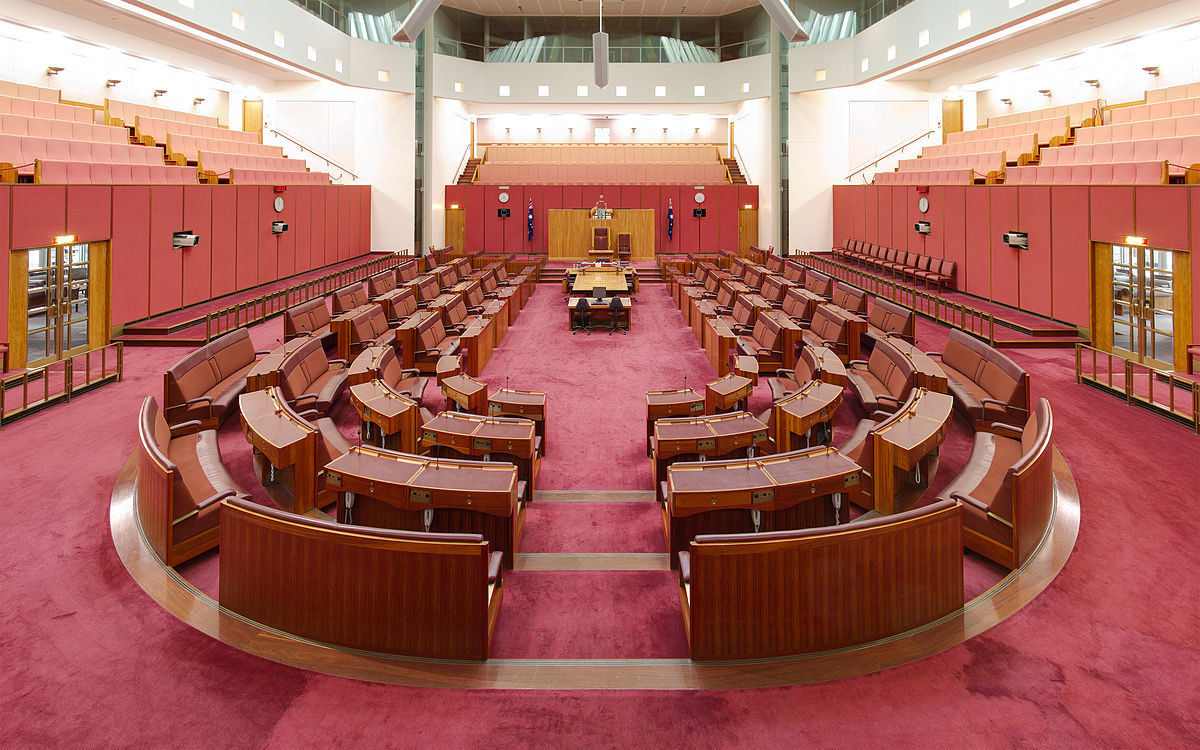 Eight million children under the age of five die each year from largely preventable causes. One billion people live in abject poverty. Thousands die crossing international borders while fleeing poverty, war or persecution. Rich countries reinforce barriers, laws and measures to prevent people crossing their borders. Hundreds of thousands are held in migration prisons as if they were criminals. 67 million people live as refugees or are internally displaced as a result of persecution, war, poverty or other causes. Believing that human beings are “foreigners” makes such profound human rights violations possible.
Eight million children under the age of five die each year from largely preventable causes. One billion people live in abject poverty. Thousands die crossing international borders while fleeing poverty, war or persecution. Rich countries reinforce barriers, laws and measures to prevent people crossing their borders. Hundreds of thousands are held in migration prisons as if they were criminals. 67 million people live as refugees or are internally displaced as a result of persecution, war, poverty or other causes. Believing that human beings are “foreigners” makes such profound human rights violations possible.
RELATED POSTS
-
What does it mean to be human?The Prem Rawat Foundation asks this question in its video release to mark the 2014 International Day of Peace. It's just there in the flow of the narrative. What does it mean to be human? Sometimes, the questions we ask, are the most significant thing. Some questions create new realities. They lead to discoveries we didn't imagine before. So, what does…
-
How old is the idea of abolishing foreignness?Today it is entirely natural to think that every person in the world is endowed with certain rights, ones that transcend foreignness and apply absolutely universally. We call these “human rights,” and we take them entirely for granted: We believe earnestly that everyone is indiscriminately entitled to them at birth, that we must safeguard them at almost all costs, and…
-
RealityNot seen, Not heard. Not smelt, Not felt. Unspoken. Undone. Unthought. Not known. Not loved. Not no thing. Beloved.
-
Tragedy knows no foreignnessSometimes it is tragedy that reminds us of the most fundamental human truths. Last week, the world community witnessed the devastation that came upon Christchurch. Nations across the world now hope for and contribute to a swift process of rebuilding and rehabilitation, and they join New Zealand in mourning the victims of this terrible disaster that shook the nation. And…

 Eight million children under the age of five die each year from largely preventable causes. One billion people live in abject poverty. Thousands die crossing international borders while fleeing poverty, war or persecution. Rich countries reinforce barriers, laws and measures to prevent people crossing their borders. Hundreds of thousands are held in migration prisons as if they were criminals. 67 million people live as refugees or are internally displaced as a result of persecution, war, poverty or other causes. Believing that human beings are “foreigners” makes such profound human rights violations possible.
Eight million children under the age of five die each year from largely preventable causes. One billion people live in abject poverty. Thousands die crossing international borders while fleeing poverty, war or persecution. Rich countries reinforce barriers, laws and measures to prevent people crossing their borders. Hundreds of thousands are held in migration prisons as if they were criminals. 67 million people live as refugees or are internally displaced as a result of persecution, war, poverty or other causes. Believing that human beings are “foreigners” makes such profound human rights violations possible.





